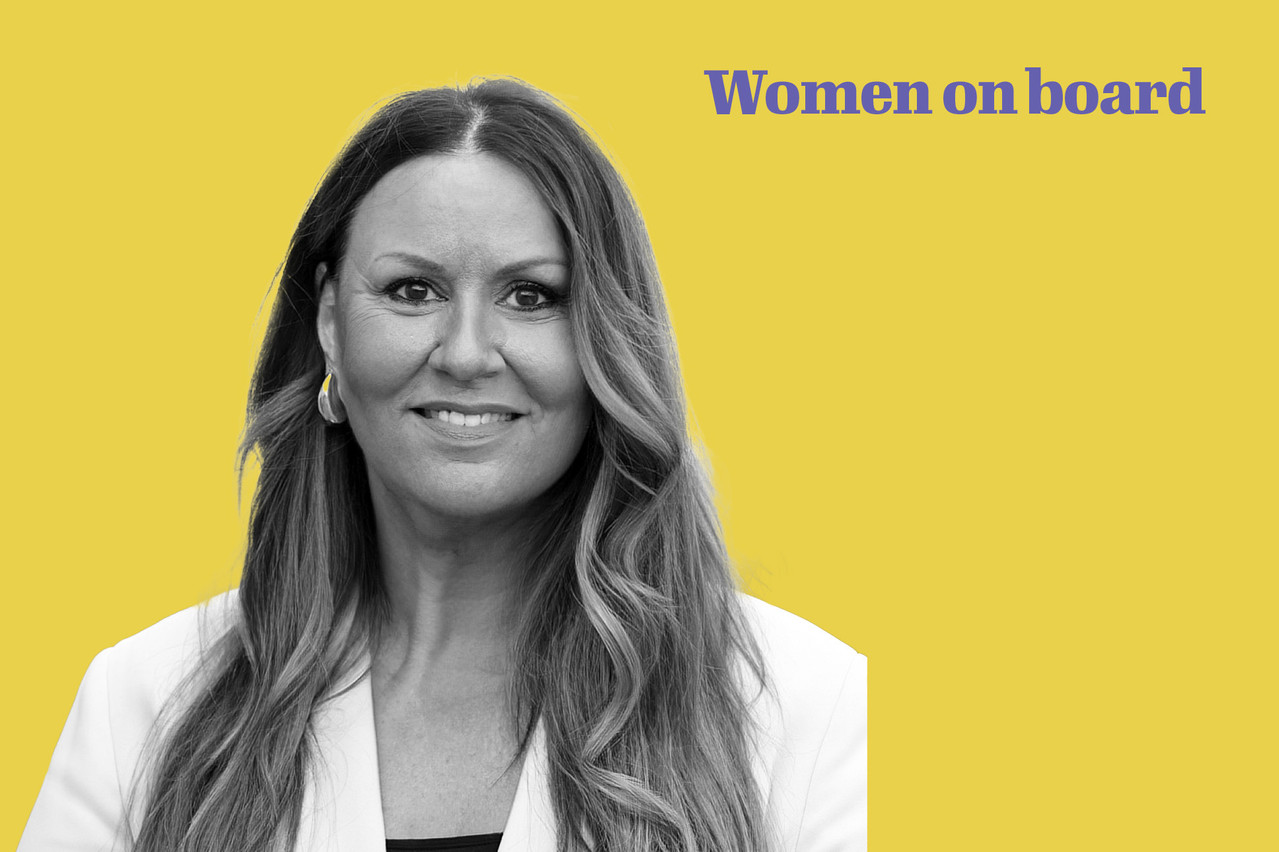Prior to her current role as CEO of DWS, one of the world’s leading asset managers, served as country COO and country head of HR at Deutsche Bank Luxembourg S.A. and was a member of several management and supervisory boards at DWS and Deutsche Bank. Bausch was the first woman to be appointed to the management board of Deutsche Bank Luxembourg.
Paperjam: What are the main challenges you’ve faced as a female board member?
Nathalie Bausch: The requirements and subsequently challenges of a board position are mainly the same for women as for men. The only further challenge females may face in addition are either biases (conscious or unconscious) of other colleagues or eventual skepticism.
How do you handle resistance or skepticism directed at you?
I am of the firm opinion that you need to earn trust. Therefore I handle resistance by proving myself and by having open and transparent dialogues.
Do you believe gender equality is improving within boards of directors?
Sixteen years ago I was in charge of diversity in Europe at Deutsche Bank, and Deutsche Bank was also one of the founding members of the Diversity Charter in Luxembourg. Although I notice that overall the quote of senior female leaders in Luxembourg and in Europe improved, we are today still not where I hoped to be 16 years ago.
What is your opinion on quotas for women on boards?
I do not know one woman who likes quotas but I endorse what quotas try to achieve. However, forcing companies to have female representation on boards can also be counterproductive for women. Active career development plans for managers on every level of the firm and thus building up a solid pipeline of future board members will hopefully help and make quotas in the near future no longer required.
As a female board member, do you feel a particular responsibility to advocate for gender parity and inclusion?
Absolutely, but same applies also to my male colleagues.
In your view, how does diversity impact a board’s performance?
To me diversity is absolutely essential for successful and innovative companies. And I certainly do not limit this to gender diversity. An inclusive leadership team leads to better and more balanced decision-making and subsequently improves the board’s capacity to positively impact the performance of the company.
What solutions or policies could foster better gender parity?
Here a few ideas to foster better gender parity: insist on a diverse short-list of candidates when recruiting; remove pay gaps; have women mentor men (could also help with unconscious biases); work on better work/life balances for men and women.
What advice would you give to a woman hesitating to take this path?
Be confident--don’t be afraid to ask for help--speak up--keep learning and ask for constructive feedback--maintain a growth mindset--find mentors--connect with other female senior leaders--learn from their experience.
Any moments in your career that illustrate the reality of being a woman in this role?
From my own experience I know that women tend to be reluctant to take on senior roles since they often worry about what others think or if they will succeed.
